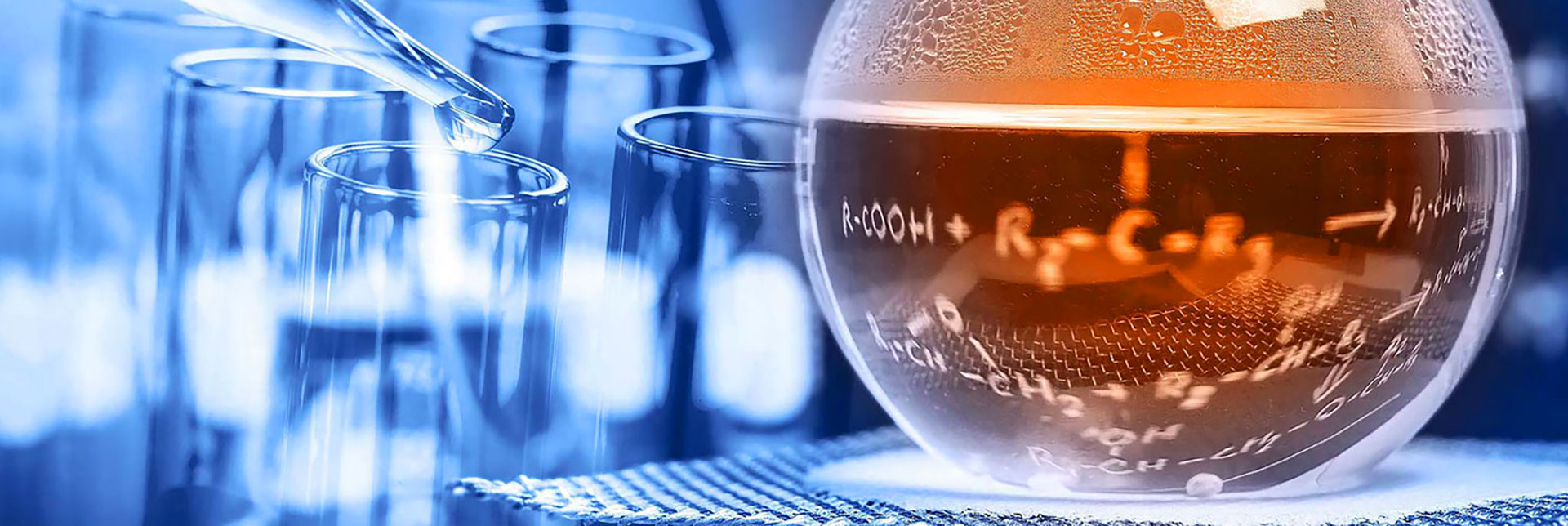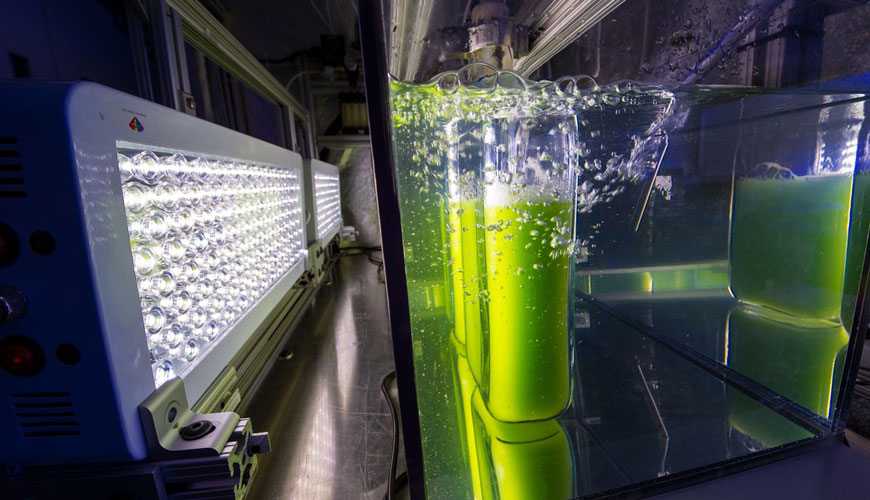

EUROLAB laboratory provides testing and compliance services within the scope of EN ISO 18125 standard. The International Standard EN ISO 18125 specifies a method for determining the gross calorific value of a solid biofuel at a constant volume and reference temperature of 25 °C in a calibrated bomb calorimeter by burning certified benzoic acid.

The result obtained is the gross calorific value of the analysis sample at constant volume with all the water of the combustion products as liquid water. In practice, biofuels are burned at constant (atmospheric) pressure and the water is either not condensed (removed as vapor by flue gases) or condensed. The operating heat of combustion to be used in both conditions is the net calorific value of the fuel at constant pressure. The net calorific value at constant volume can also be used; Formulas are given to calculate both values.
A weighed portion of the analysis sample of solid biofuel is burned in high pressure oxygen in a bomb calorimeter under certain conditions. The effective heat capacity of the calorimeter is determined in calibration tests performed by burning the certified benzoic acid specified in the certificate under similar conditions.
The corrected temperature rise is determined from temperature observations and before, during and after the combustion reaction takes place. The duration and frequency of temperature observations depend on the type of calorimeter used. Water is initially added to the bomb to give it a saturated vapor phase before it burns, thus allowing all water in the sample to be made up of hydrogen and moisture to be considered liquid water.
Gross calorific value is calculated from the corrected temperature rise and effective heat capacity of the calorimeter, with allowances for contributions from ignition energy, combustion of fuse(s) and thermal effects from side reactions such as nitric acid formation.
Also, a correction is applied to account for the energy difference between the aqueous sulfuric acid formed in the bomb reaction and the gaseous sulfur dioxide, i.e. the required reaction product of the sulfur in the biofuel. Due to the generally low value for correction for solid biofuels, the corresponding energy effect between aqueous and gaseous hydrochloric acid can be neglected.
The net calorific value of the biofuel at constant volume and the net calorific value at constant pressure are obtained by calculating the gross calorific value at constant volume determined on the analysis sample. Calculating the net calorific value at constant volume requires information about the moisture and hydrogen content of the analysis sample. In principle, the calculation of the net calorific value at constant pressure also requires information about the oxygen and nitrogen content of the analysis sample.
Among the services provided by our organization within the framework of material testing services, there are also EN ISO 18125 standard tests. Do not hesitate to contact our laboratory EUROLAB for your testing and certification requests.
To get an appointment, to get more detailed information or to request an evaluation, you can ask us to fill in our form and reach you.